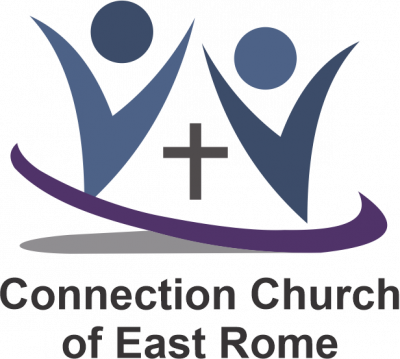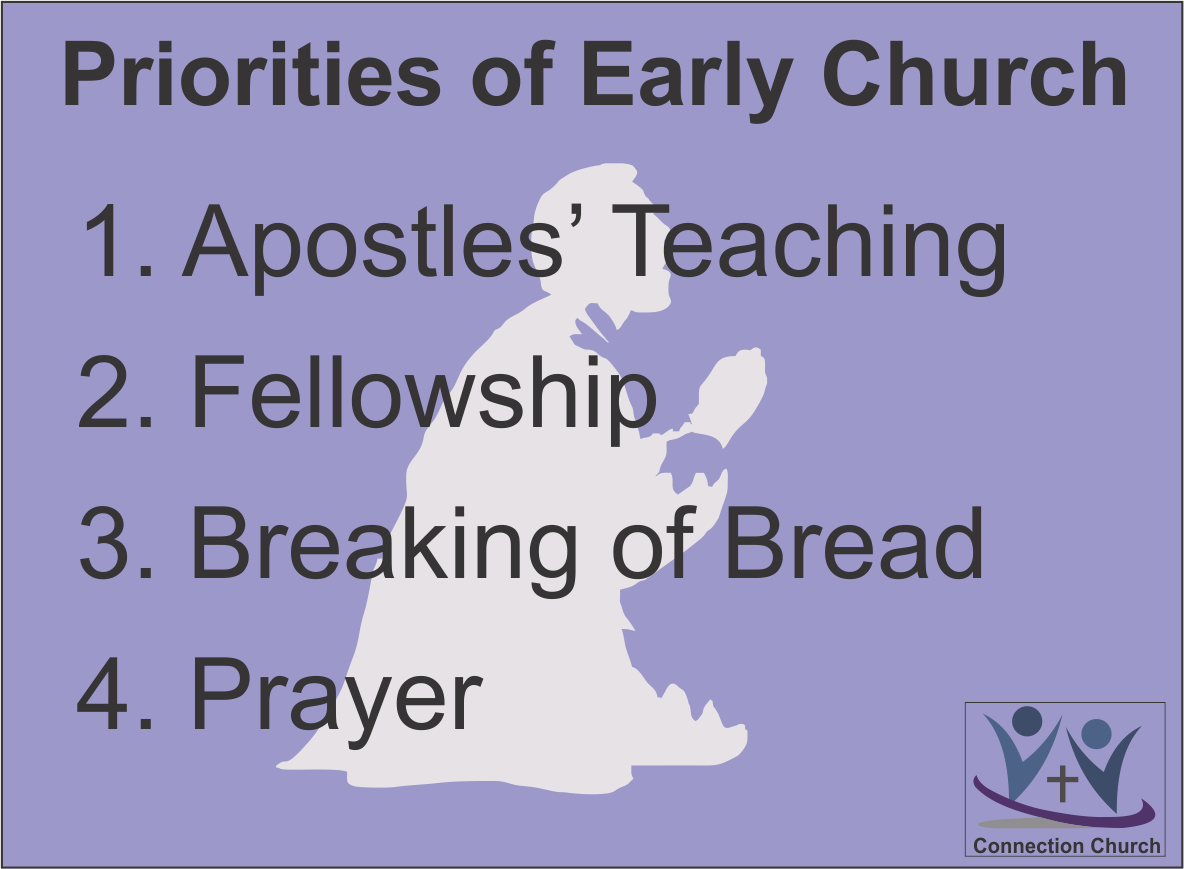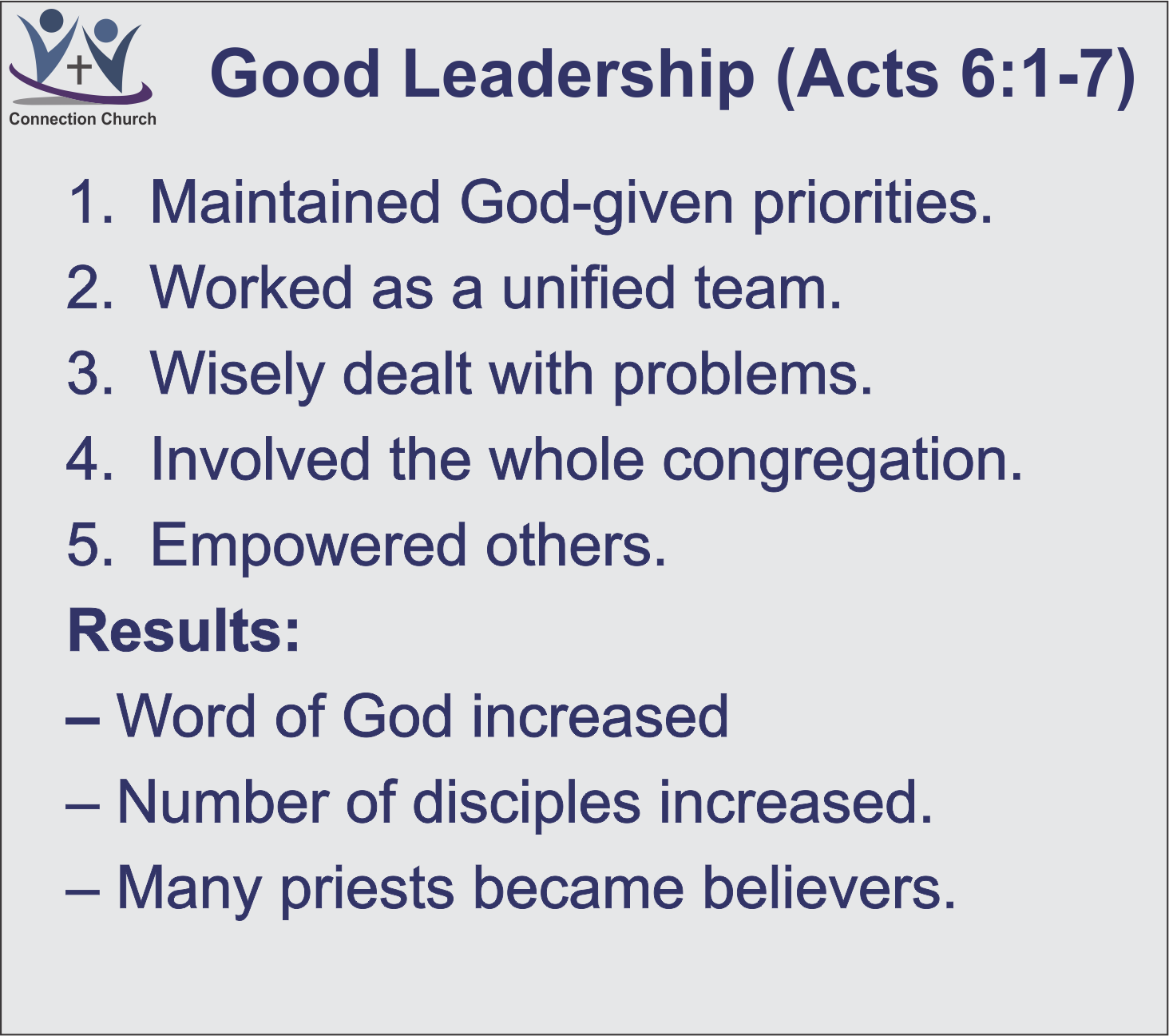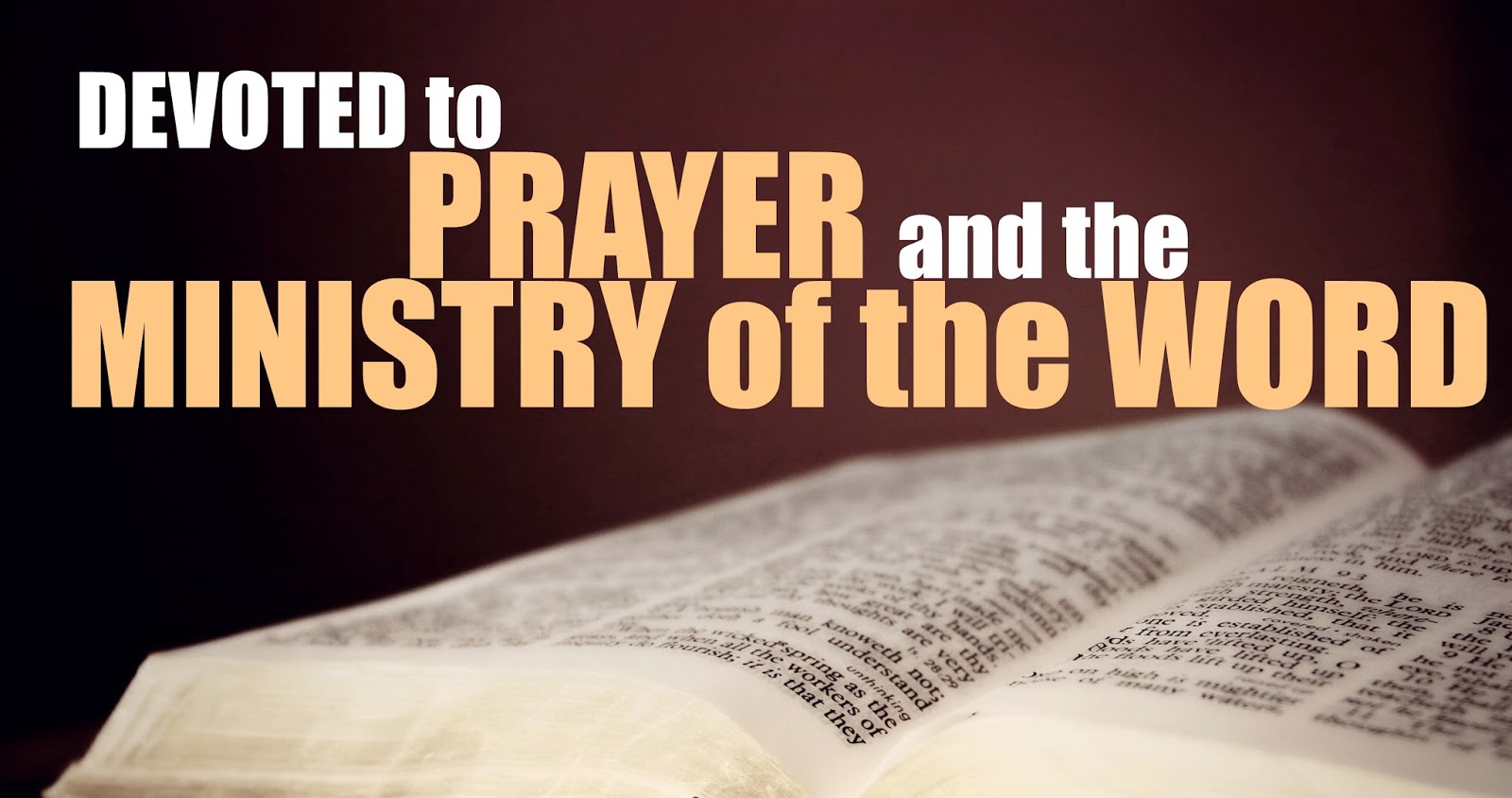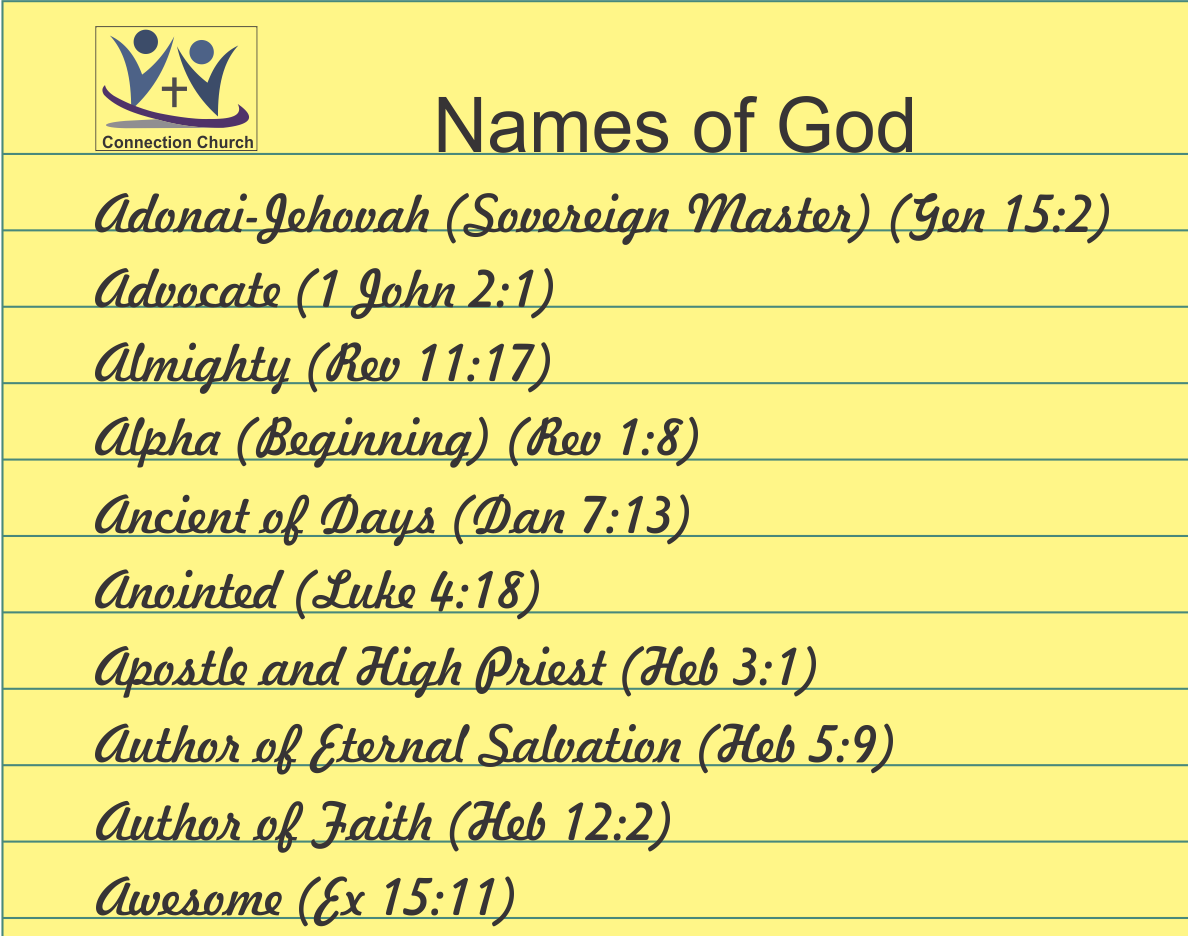Last week I did a Google search of things that growing churches are devoted to. I took the first eleven findings, and compiled their findings into a spreadsheet so that I could analyze them. Then, I compared them to the things that the early church was devoted to. In Acts 2:42, we find the church was devoted to four things: the apostles’ teaching, fellowship, breaking of bread and prayer. Here are the results from my Google Search.
| Early Church Priorities | Modern Church Priorities |
| Preaching of the Word | Only four out of eleven list the preaching of the Word in their top ten things to do to grow a church. |
| Fellowship | Four out of eleven sites list fellowship in their top ten things to do. |
| Breaking of Bread | Zero out of eleven sites list breaking bread in their top then things to do. |
| Prayer | Two or three out of eleven mention prayer in their top ten things to do. One of those three said that the key leaders need to pray, but did not mention that the church needed to pray. |
We find the results of the early church’s priorities in Acts 2:43 and 47. Luke records that “many wonders and signs were taking place” and they were “having favor with all the people. And the Lord was adding to their number day by day those who were being saved.” The early church experienced the power of God, and saw tremendous growth. Their growth was not from people switching churches; it was from people getting saved. I believe that the modern church needs to return to the priorities of the early church. Our churches should employ modern methods, tools, and technology need to be reach our generation, but we need to return to the priorities of the early church.
